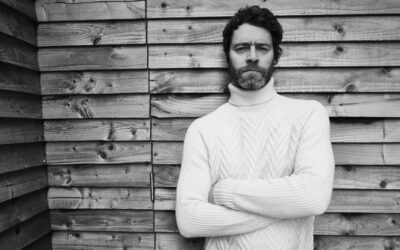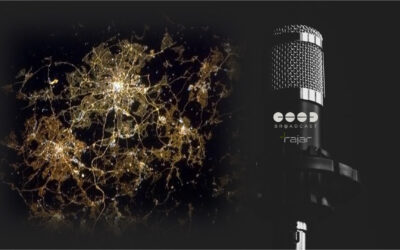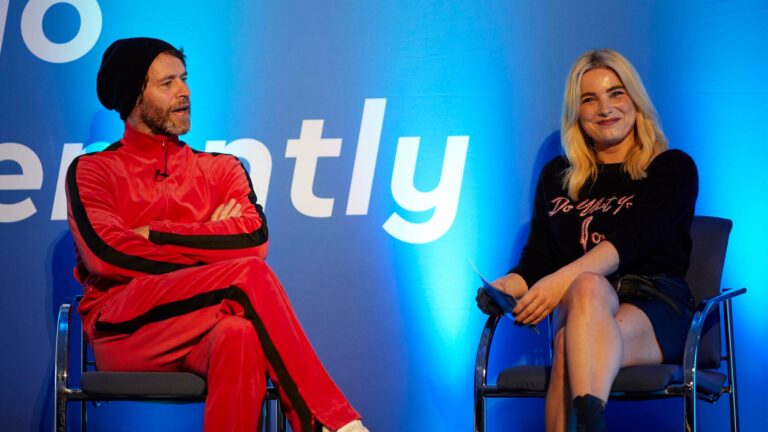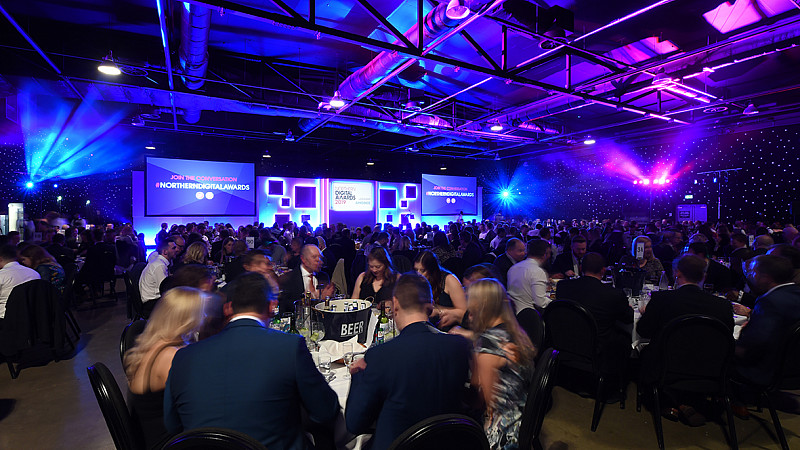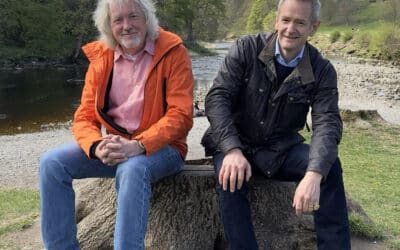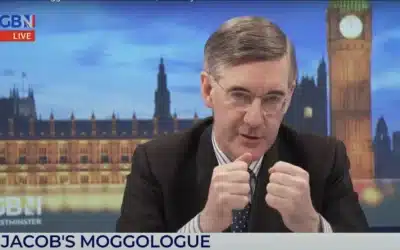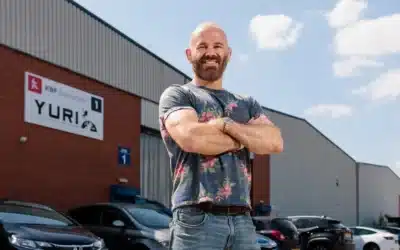Almost 200 delegates gathered in Manchester this week for the radio industry’s biggest ever conference outside of London.
Radiocentre’s Tuning in North Conference 2019 showcased the ongoing influence of radio, and also where its future lay.
“89% of the population still tune in to radio every week, and when you consider the explosion of other ways to grab our attention in the last 10 years, the fact that that line has remained pretty consistent, really says something about the power of this medium,” said Radiocentre CEO, Siobhan Kenny.
Andy Burnham, the Mayor of Greater Manchester added that radio had become decreasingly London-centric, stating that commercial radio should be praised for its diversity for bringing “voices onto the airwaves that don’t get a look-in, in other parts of the media.”
He said that between 2011 and 2018, the number of people working in the creative industries in the north West had risen 26.5% to 158,000 – that included 15,000 in advertising and marketing.
Speaking about the future, Radiocentre’s Planning Director, Mark Barber, presented his Hear and Now research. This used neuroscience to conclude that despite digital media fundamentally reframing people’s expectations in targeting, conventional targeting strategies can still play an important role – particularly in terms of enhancing relevance.
He explained that importance had to be placed on editorial and consumer context in advertising. Barber also explained that instead of conventional wisdom which suggests that listeners don’t absorb radio information when they’re doing something else, if the activity is related, “it boosts an ad’s effectiveness.”
This was a theme that Global’s Digital Group Head, Hannah Lynch and Senior Creative, Tom Whitlow also touched on. They felt that advertisers needed to understand context, for example varying communications based on whether an ad airs during a comedy podcast, or while a listeners is likely to be driving.
Amplifi UK Strategy Director, Vee Gunn talked to delegates from the agency side and how “channel-first strategies can’t compete with strategies focusing on audiences, especially as technology disrupts the ad sector.” She said that radio had really set itself up for the “marketplace of tomorrow” that’s because of its unique connection with listeners.
The final part of the conference featured Take That’s Howard Donald, in conversation with Heart presenter Sian Welby.
He said:
“Radio was always absolutely massive for us, and when we split up, radio kept playing our music which was amazing, so when we did come back for the second part, people still knew who we were. I think that radio in particular played the biggest part for us. It wasn’t TV, it was always radio that was playing the music that gave us that lease of life and the big start for part two.”

